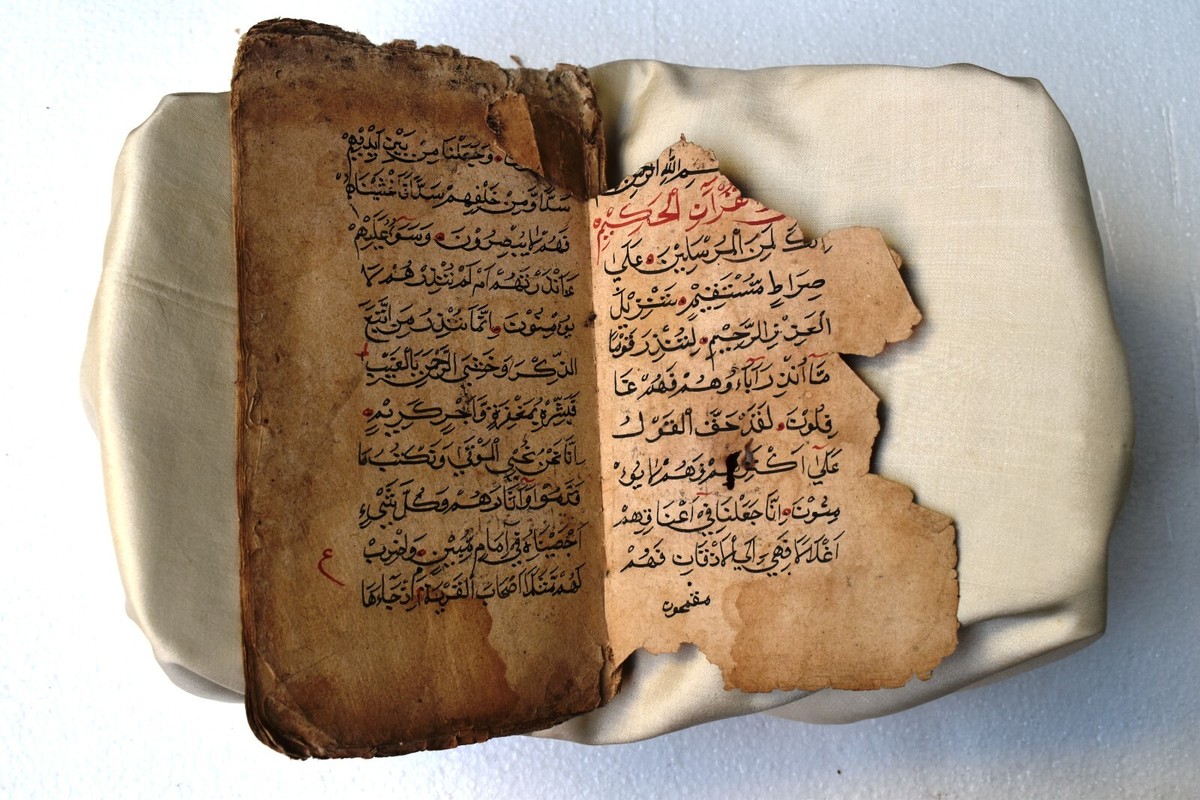📖 Historical-Analytical Context
Utilizing the principles of historians such as Leopold von Ranke, the study emphasizes the evaluation of primary and secondary sources to reconstruct Haqqani’s life accurately. This method ensures that the social, political, and religious circumstances of Kheror and Multan are represented faithfully.
👥 Spiritual Leadership Framework
Drawing on Max Weber’s theory of charismatic authority, the framework interprets Haqqani’s spiritual influence as deriving from personal sanctity, ethical conduct, and social reform. His authority was recognized not merely through political power but through his proximity to the divine, moral guidance, and exemplary conduct.
🌟 Socio-Religious Transformation Lens
Inspired by Amartya Sen’s capability approach and theories of social change, the framework analyzes how Haqqani’s initiatives—education, hospice services, and moral reform—enhanced the well-being, agency, and resilience of the communities in Multan.
📚 Integration of Spiritual Context
The study incorporates the unique dimension of spiritual experience, including Haqqani’s love and devotion to Prophet Muhammad (peace be upon him) and reported miraculous events, as core factors shaping societal transformation and legitimacy.
